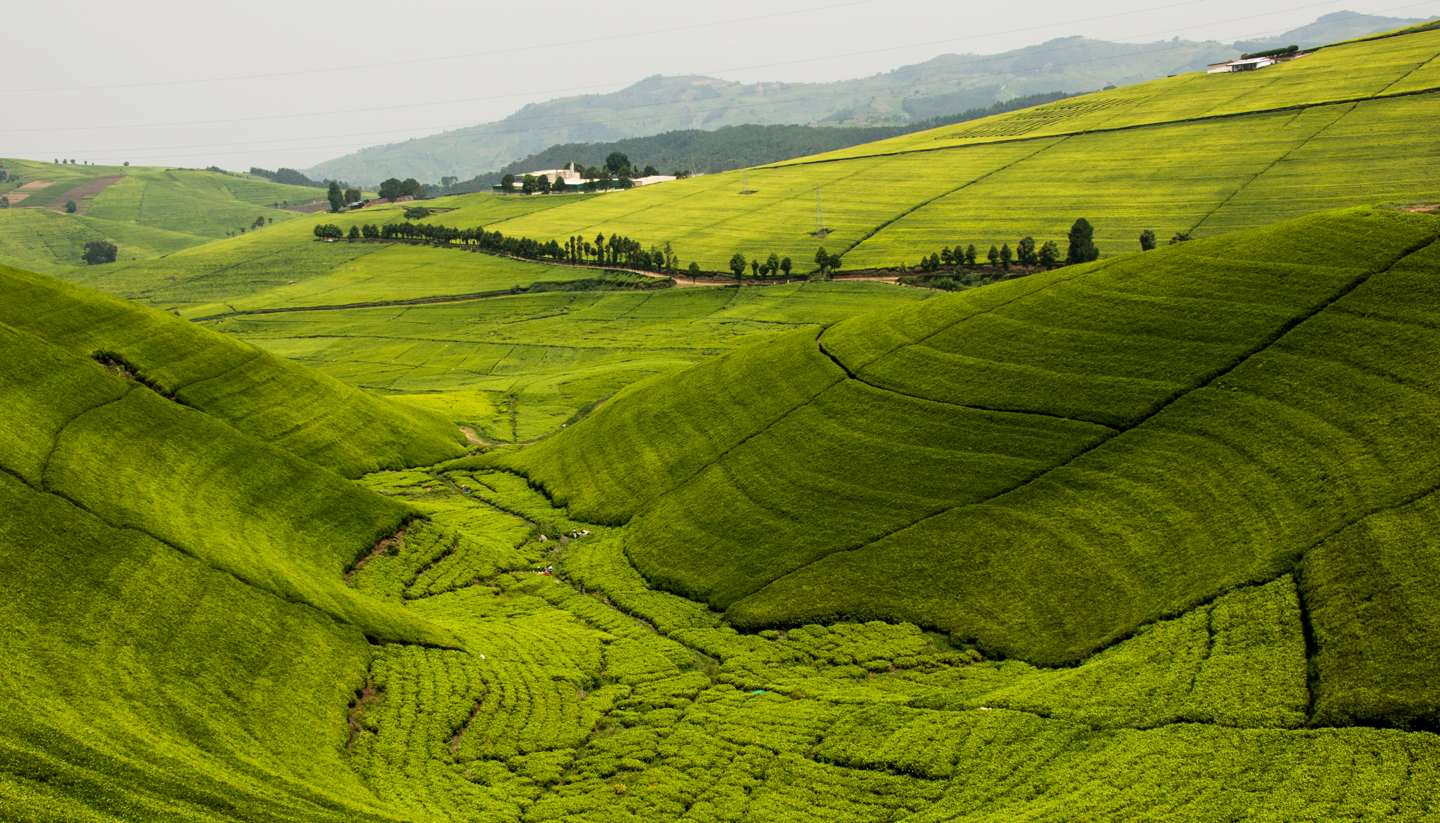Rwanda: Doing business and staying in touch
Doing Business in Rwanda
When meeting a Rwandan for the first time, keep to general topics like the weather. Avoid asking about their ethnicity, especially when Rwanda is making good progress in unifying the country as one people and one culture. Politics, war and sex are also taboo topics.
For meetings, the dress code is primarily semi-formal; a lightweight suit for men or a dress with hem below the knee for women is suitable. Appointments are necessary and punctuality is paramount (even if the host is late). Knowledge of French, alongside English, is useful, and learning one or two greetings in Kinyarwanda, such as a simple "mwaramutse" (good morning) or "mwiriwe" (good afternoon), is recommended and will be appreciated by locals. The right hand is used when shaking hands.
Office Hours
Mon-Fri 0800-1230 and 1330-1700. Some private sector offices also open Saturday morning.
Economy
Rwanda has seen its economy grow significantly during the last decade, with large investments in infrastructure and education, which, according to the World Bank, the government hopes will see the country reach Middle Income Country (MIC) status by 2035 and High-Income Country (HIC) status by 2050.
Despite this, Rwanda's economy remains a subsistence one (an economy directed towards basic subsistence like food, clothing and shelter, rather than the market), with 80% of the population living off subsistence agriculture. In addition, about 39% of its population still living in poverty, according to a 2014 study.
Tea, coffee, horticulture and metal ore are the country's primary exports. Mining contributes significantly to the country's GDP, with Rwanda one of the largest producers of tantalum, used in the construction of mobile phones.
Tourism is a growing sector in Rwanda's economy. The country is perceived as one of the safest countries to visit in East Africa, and – thanks to standout wildlife attractions spearheaded by the opportunity to see mountain gorillas in the wild – Rwanda attracted 1.7 million visitors in 2019.
GDP
US$9.5 billion (2018).
Main exports
Tea, coffee, hides, metal ore.
Main imports
Foodstuffs, machinery and equipment, medicines, cement and construction material.
Main trading partners
Tanzania, Uganda, Kenya, China, UAE and USA.
Keeping in Touch in Rwanda
Telephone
Rwanda's international calling code is +250. Due to the extensive mobile network coverage, and with mobile phones so widely used by locals and tourists alike, public payphones are no longer widely available in towns and cities.
To dial internationally, start the call with '00' before entering the international calling code of the country you’re calling, followed by the number.
Mobile Phone
Local SIM cards are widely available from street vendors and shops (even in remote towns), and basic handsets can also be picked up cheaply in Kigali. The main mobile network provider in Rwanda is MTN, and network coverage is reliable in most of the country.
Internet
Rwanda is one of the top countries in Africa with good internet coverage; high-speed connectivity is available in most of the country and 4G coverage is said to have reached 95% of its population. Wi-Fi is also available in most international hotels and modern restaurants.
Media
Most of the media in Rwanda is state-owned and there is limited press freedom in the country. The main newspaper is The New Times, while the La Nouvelle Releve, and several other small-scale news publications, have a presence online. Many of Rwanda's broadcasters are government-owned. The first private radio station was launched in 2004.
Post
Priority airmail to Western Europe takes approximately five to eight days. Expect a similar estimate for deliveries to the USA.
Post Office hours(Kigali) Mon-Fri 0700-1700, Sat 0800-1300.


